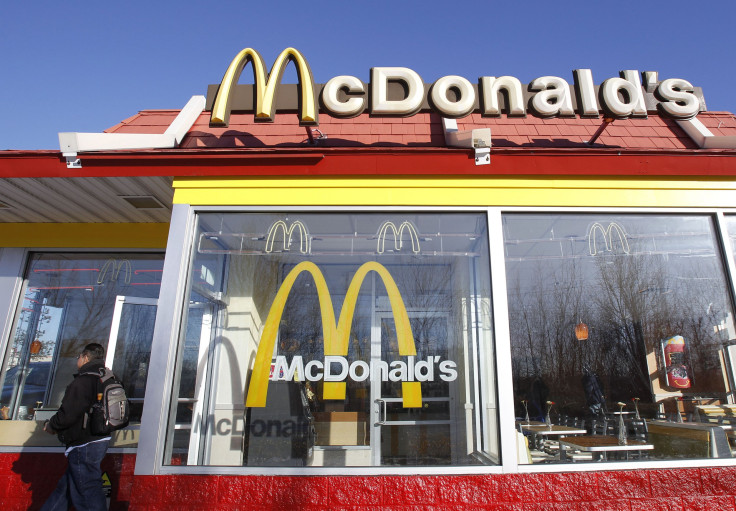McDonald’s Has A Millennial Problem: Young Consumers Not As Interested In Big Macs As Their Parents

Millenials aren’t eating as many hamburgers as their parents, apparently, and this has the world’s largest provider of the meaty, cholesterol-laden sandwich scrambling to appeal to this young-adult demographic that seems to be gravitating toward more fresh, organic and sustainable foods.
Here’s what an internal memo from the McDonald's Corporation (NYSE:MCD) says about this demographic: "McDonald's is currently not in the top 10 of millennials' (customers primarily ages 18-32) favorite restaurants."
That’s a big deal for the world’s No. 1 quick-service food chain. The memo that was obtained by Advertising Age magazine underscores the importance long-standing companies place in appealing to the next generation of U.S. consumers who apparently are eating fewer hamburgers than their Generation X or Baby Boomer predecessors.
This is why McDonald’s has been pushing for healthier menu items in recent years. The company recently unveiled the so-called McWrap, seeking to profit off the perception among consumers that chicken surrounded by a flour tortilla is healthier than meat in a bun.
A McWrap with all the fixings can have as much as 600 calories, which is 50 calories higher than the company’s Big Mac burger. But the McWrap is also more customizable and can have as few as 360 calories. McDonald’s has identified this menu-item customizability as a key factor in attracting younger consumers.
The book “Generation Me,” by Jean M. Twenge, defines this generation as self-absorbed and entitled but also more open-minded and scrupulous than its parents. These characteristics have significant ramifications for the food and beverage industries, which are by definition purveyors of a factory-processed mindset that highly values efficiencies, consistencies and cost controls.
These corporate strategies contradict the mindset of many younger American consumers that increasingly look into how the food they consume is being produced. This trend hasn’t been lost to Mike Roberts, a former McDonald’s chief operating officer and president, who has started Lyfe Kitchen, a restaurant chain aiming to appeal to more conscientious, health-conscious consumers. It recently opened its first venue in Palo Alto, Calif. Roberts has said he hopes to open hundreds more of these outlets within five years, according to Wired magazine.
But demographically driven changing eating habits have been around as long as some of the oldest and most successful food giants, which have long adapted to changing consumer preferences. The Coca-Cola Company (NYSE:KO) has managed to keep young consumers interested in its products through marketing strategies that have included tie-ins with popular music and aggressive use of social media.
Millenials, typically defined as people in their mid-20s to mid-30s whose name derives from them coming of age around the turn of the century, are aging beyond the target years from the perspective of companies trying to hook people as early as possible to their products. Many of these young and not-so-young adults have children of their own. Estimates put the number of millennials in the U.S. at around 70 million, give or take 10 million in either direction depending on loosely defined starting and ending ages of the generation. There could be as many children of this demographic learning from their parents’ buying and consuming habits, according to the Advertising Age report.
© Copyright IBTimes 2024. All rights reserved.





















